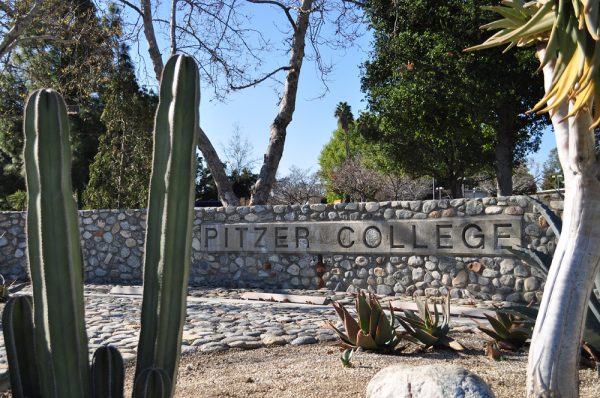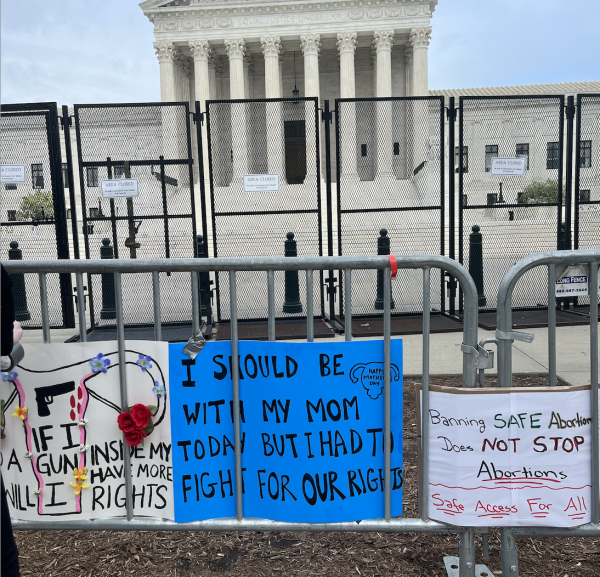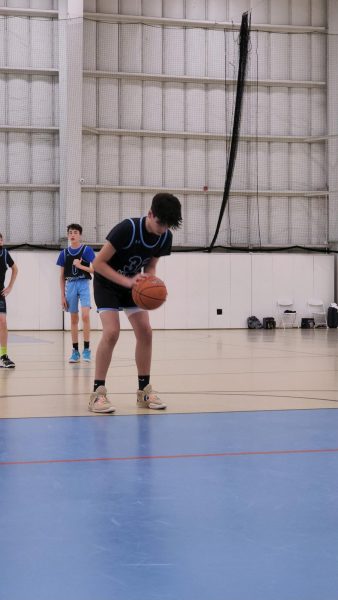Think before you speak
February 7, 2022
We have many reasons to be proud of our community. CESJDS expertly combines Jewish and secular studies, prepares its students for college success and emphasizes the values of pluralism and Tikkun Olam. However, the lack of diversity inevitable at a Jewish day school has resulted in a troubling trend: edgy, apathetic jokes involving race, gender and religion.
From freshman year to senior year, my grade has gained more and more confidence. But this increased confidence correlates to an increase in dark humor. The jokes are never personal, yet they toe the line of acceptability. In particular, jokes about gender have become most prominent. Sexist jokes don’t even need a punchline to draw laughs; the shock factor of blatant sexism is viewed as humorous in itself.
The reason for this trend is obvious: we go to an extremely uniform, almost monolithic school. The result is that students sometimes lose touch with the gravity of certain issues. When it comes to certain contemporary issues, we don’t have as much first-hand experience as students from more diverse backgrounds. Consequently, we have a tendency not to think about the effect of certain jokes. Jokes with punchlines like “women can’t do science” or “it’s because you’re a woman,” are only two examples of this dark humor.
I don’t believe this type of humor is nonexistent at other schools. But because we don’t learn in as diverse of an environment, jokes at JDS are made without any context or hesitation. This doesn’t mean JDS students are inherently less empathetic or kind. It just means we are misguided and desensitized to many types of jokes. This needs to change.
One of the inevitable downsides of going to a private, religious day school is a limited amount of interaction with students from different backgrounds. While engaging in out-of-school extracurricular activities can help counteract this trend, a collective effort to think about the implications of what we say can also help.
It’s time to put an end to this type of humor. Jokes that make a serious issue seem trivial or that stereotype a group of people are completely unnecessary. Students can have fun and laugh without these offensive antics. If we all make more of an effort to steer clear of jokes whose punchlines are stereotypical or blatantly offensive, we can foster a community that better represents our schools’ values of Tikkun Olam and Kavod.

















